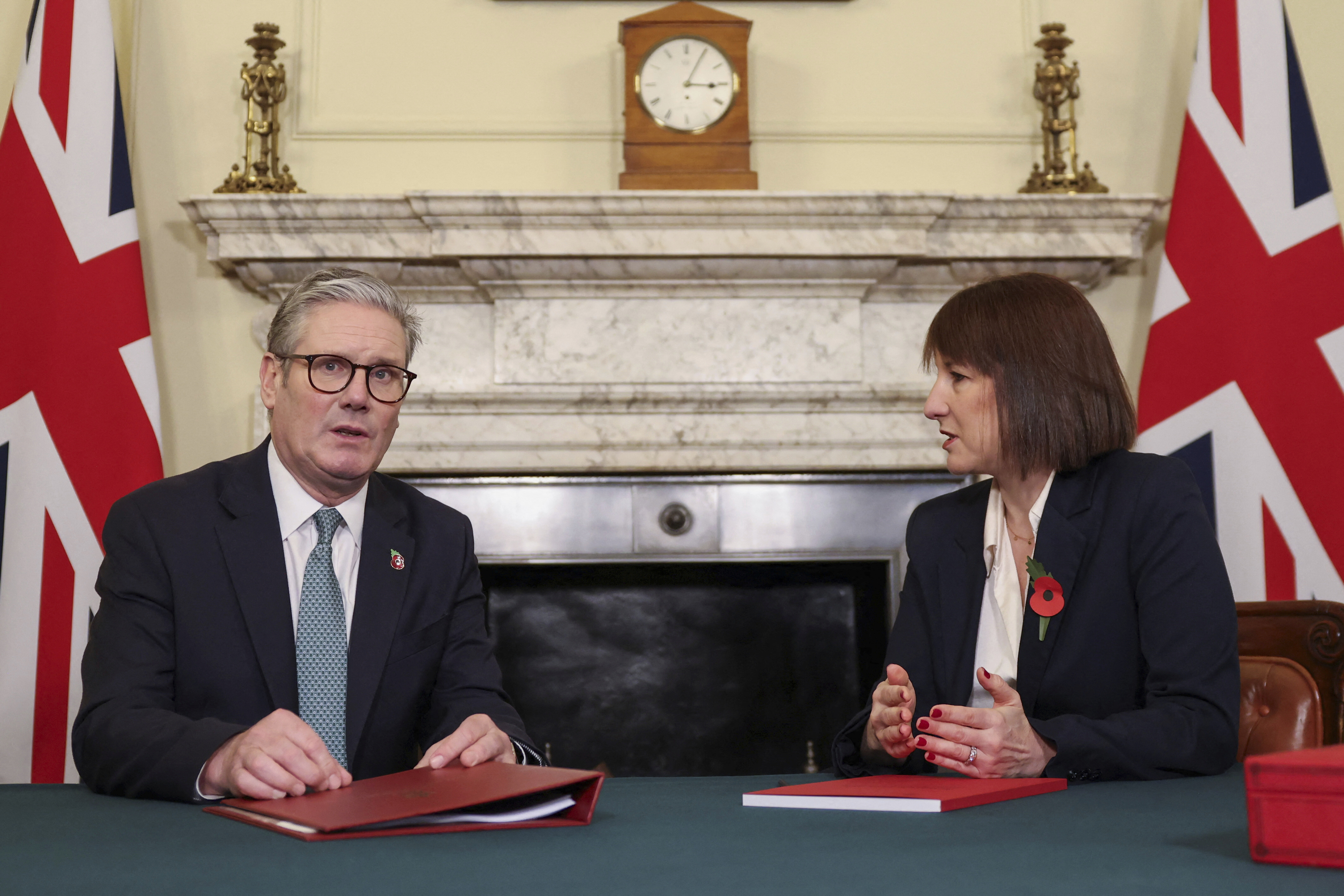
Working people will end up paying for Rachel Reeves’ huge tax hike, according to a leading think tank.
The chancellor unveiled a plan to raise a record-breaking £40bn in her Budget today, but maintained that she had stuck to her promise not to bring back austerity.
Advertisement
Labour also claims to have honoured their manifesto pledge not to increase taxes for “working people”.
Although that exact definition is still not clear, the government said they would not put up the income tax, VAT or National Insurance that they pay.
However, Reeves did raise the NI rate paid by for employers to 15% from April next year.
According to the Office for Budget Responsibility, three-quarters of the impact of that will be felt by employees through lower wage rises.
Institute for Fiscal Studies (IFS) director Paul Johnson said: “Somebody will pay for the higher taxes – largely working people.”
Advertisement
Johnson also issued a warning about the way the chancellor had “front-loaded” the government’s spending plans over the next five years.
“A government splashing the cash in the short term and promising to be more austere in future? Stop me if you think you’ve heard this one before,” he said.
He added: “The challenge will be to make sure the money is spent well enough to make those costs worth bearing.”
Accountancy outsourcing specialists Advancetrack said the increase to employers’ NICs is a “big blow to UK businesses of all sizes who are already grappling with a range of escalating costs”.
Meanwhile, accountancy firm Menzies LLP warned that this Budget was focused on “quick fixes rather than meaningful reform”.
Advertisement
European Movement UK CEO and former Lib Dem minister, Sir Nick Harvey, suggested there was something missing from the Budget: Brexit.
“The chancellor can tinker around the edges, but addressing the economic damage done by Brexit must become a priority,” he said.
Social mobility charity Sutton Trust thought it was educational support that was lacking from the Budget, saying: “The government has clearly identified the need to increase the national minimum wage due to cost of living pressures, so why does student maintenance remain inadequate?”
Meanwhile, Generation Rent’s chief executive Ben Twomey said: “The lack of clear support for the half of renters who don’t have savings and are really struggling is a big concern.”
Resolution Foundation’s interim chief executive Mike Brewer said the Budget engages with the country’s economic challenges – but it’s only the “first step of what will be needed”.
Advertisement



